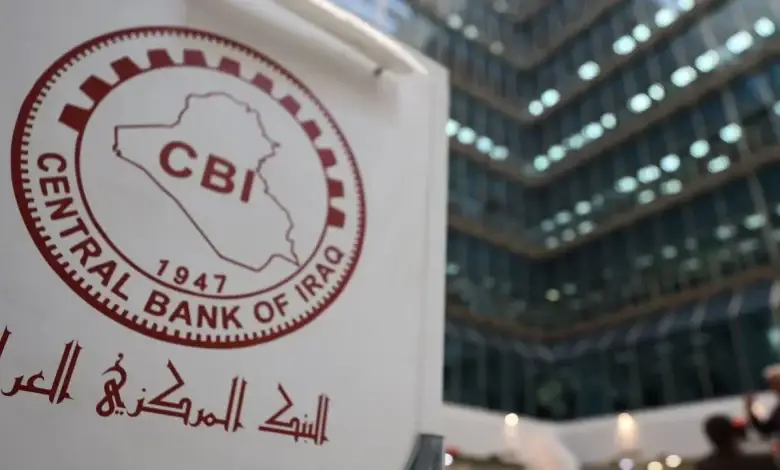
The dinar, as the official currency of Iraq, has depreciated for many years, which causes concerns among economists, policymakers, and people in Iraq. At the source of this, we have distilled exacerbated political instability, poor economic policies, market dynamics, and structural faults in the Iraqi Economy. That is why it is imperative to analyze the reasons behind the depreciation of the dinar that may be linked to these factors.
Historical Background of the Iraqi Dinar
Iraqi dinar was established in 1932; Iraq had previously been using Indian rupees, which it inherited from the British mandate. The dinar had been stable for many years, particularly in the 1970s and 1980s when Iraq received high oil revenues. However, it began to unravel itself in the 1990s by the effect of sanctions and political instabilities. Saddam Hussein led Iraq’s Economy into the Gulf War in 1991, coupled with international sanctions, led to the deterioration of the dinar and provided the environment for its long-term decline.
More problems arose for Iraq’s Economy after the US-led invasion in the year 2003. Despite the new currency design implemented early this year 2004, the problem confronting the dinar remained unresolved.
Key Reasons Behind the Depreciation of the Iraqi Dinar
End